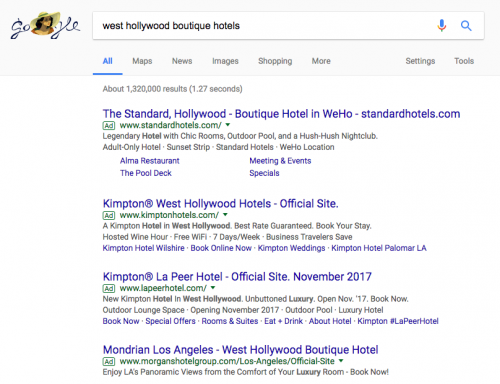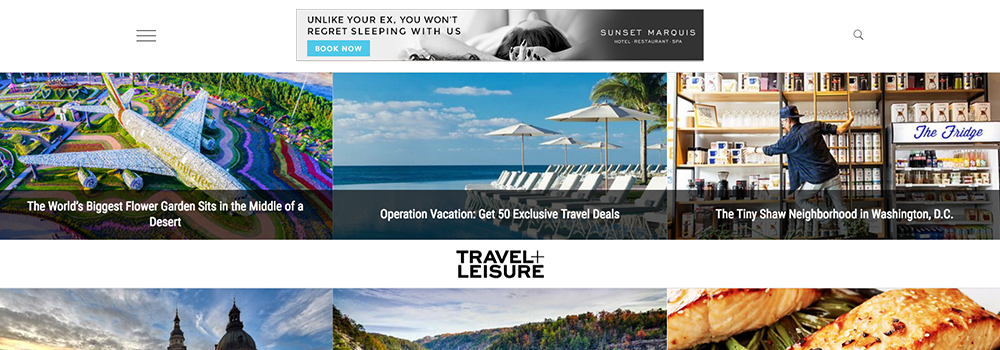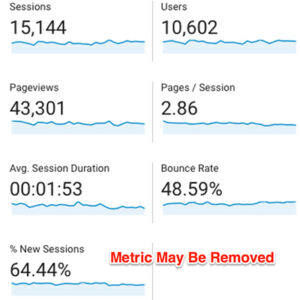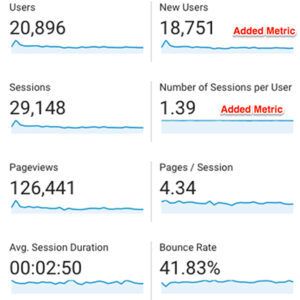What Happens When You Stop Running PPC Ads?
Paid search has become a cornerstone of digital marketing for hotels. It quickly rose to popularity and has remained one of, if not the largest line item on most hotels’ marketing plan budgets. Its popularity is repeatedly justified as it proves its success in driving qualified sessions and substantial revenue for hotels online. But what happens when you turn your paid search off completely? There’s always been the argument of bidding on brand terms (if you were wondering, you should be) but what about turning it all off? Top of funnel campaigns, bottom of funnel campaigns and campaigns to re-engage your audiences?
Has the thought entered your mind? Do you ever wonder if paid search advertising on Google is worth the cost? With rising cost-per-clicks and more competition entering the marketplace daily, the question is: is it worth it?
This wasn’t a test we planned on purpose. A client was recently forced with the decision to pause all of their paid search campaigns. We knew there would be a negative impact, but how much? We took this opportunity to study the direct impact that turning off paid search campaigns had on the client’s website performance. Let’s take a look at what happens when a business stops running their paid search campaigns.
THE RESULTS:
Overall website sessions dropped 20%
New users dropped 20%
Revenue dropped 30%
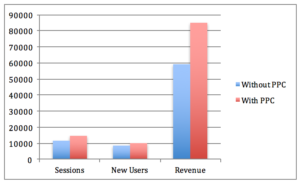
One theory we wanted to analyze is: WILL MY ORGANIC REVENUE AND TRAFFIC INCREASE WITHOUT PAID SEARCH? The simple answer is yes.
Organic traffic experienced a 43% increase and organic revenue increased 20% compared to the previous period when paid ads were running. The increase, however, was not enough to make up the difference of the lost revenue from paid search alone. So while it definitely helped to bridge the gap, overall there was a sharp decline in our website KPIs across the board.
Since all other channels remained flat in sessions and revenue, it painted a clear picture that the decline in performance was a direct result of the lack of paid search traffic.
So if you were ever wondering if it was worth paying to play on the search engine results page (SERPS) and theorized that paid search ads were essentially just pulling away from your organic traffic and revenue, this case study should give you some conclusive evidence. While paid search campaigns do cannibalize some traffic and revenue that would have come through organically, overall it exponentially drives sessions and revenue that goes above and beyond what would have come through organically.
Although we can’t say with certainty, another theory related to the impact of turning these paid search campaigns off is that the their competitors traffic went up and their cost-per clicks went down as one less advertiser was competing for those keywords, which probably helped them to pocket more revenue then normal.
So, if you’ve ever contemplated just turning off your paid search campaigns and letting organic pick up the slack, you should probably rethink your decision. Paid search is a key component in your hotel’s digital marketing strategy and proves it’s worth time and again as one of the most powerful ways to drive qualified sessions and revenue. It is definitely worth the extra budget to compete.
